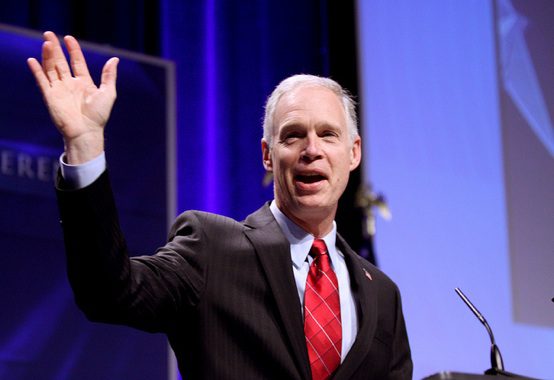Endangered Hawk Watch

Back in June, I identified five incumbent senators with very hawkish foreign policy records that faced difficult re-election bids or had announced an intention to retire. Of the five I named, four are trailing their challengers or in very competitive races: Mark Kirk of Illinois, Ron Johnson of Wisconsin, Kelly Ayotte of New Hampshire, and Marco Rubio of Florida. The four Republicans were elected to the Senate in the 2010 wave year, and they were all elected in purple or blue states. Even if Trump weren’t the nominee, they would still have been facing a larger electorate in a presidential year in states that are more likely than not to vote for the Democratic nominee for president. Rubio has the best chance of those four to win, and that follows his decision to renege on his earlier pledge not to seek re-election. The fifth senator I mentioned was John McCain, who seemed to be struggling earlier in the year but has since opened up a substantial lead over his challenger. Unlike the other four, McCain isn’t seeking re-election for the first time, and he is running a traditionally much more Republican state. While Kirk and Johnson appear to be heading to defeat next week, McCain seems to be safe. The other two are close enough that it’s hard to say what will happen.
What makes the Illinois and Wisconsin races particularly interesting is that they are likely to yield the biggest shifts on foreign policy if the incumbents lose. Kirk and Johnson’s challengers both have much less hawkish foreign policy records than they do, and their antiwar credentials have generally been very good. I said this about Duckworth in the original article:
Tammy Duckworth is a veteran of the war Kirk voted to authorize. She was a helicopter pilot who lost both her legs after being shot down in Iraq. After she returned home, she became a vocal opponent of the war, and she came close to winning her first House race in 2006 by running on a primarily antiwar platform. Elected to her current House seat in 2012, she has since backed the nuclear deal with Iran, voted against arming Syrian rebels, and opposed the Obama administration’s proposed bombing of Syria in 2013.
I reviewed Feingold’s record as well:
Feingold was an opponent of the Iraq War from the start, pushed for withdrawal early on, and opposed the 2007 “surge.” He also sharply criticized the Bush administration over warrantless wiretapping, and he was the lone senator to vote against the PATRIOT Act in 2001. Today Feingold supports the nuclear deal with Iran and opposes Johnson’s idea of an American-led ground war against ISIS. During his last tenure in the Senate, Feingold established himself as one of the leading Democratic critics of Bush-era foreign policy, and if elected he seems very likely to be an outspoken voice in future foreign-policy debates.
If elected, Tammy Duckworth and Russ Feingold are likely to be much-needed voices of skepticism and restraint in a Senate that will still be dominated by hawks. The contrast between the candidates on foreign policy is not as great in the New Hampshire and Florida races, but losses by Ayotte and Rubio would deprive McCain and Graham of two of their proteges and most reliable foreign policy allies.
Comments